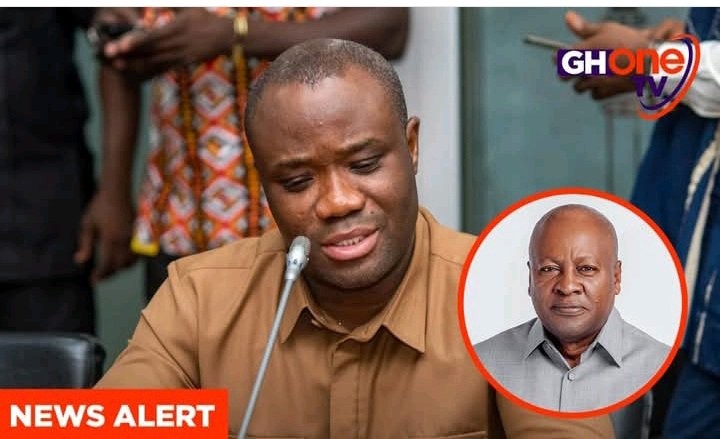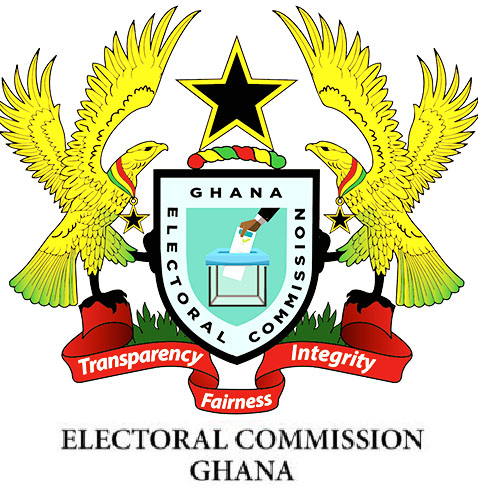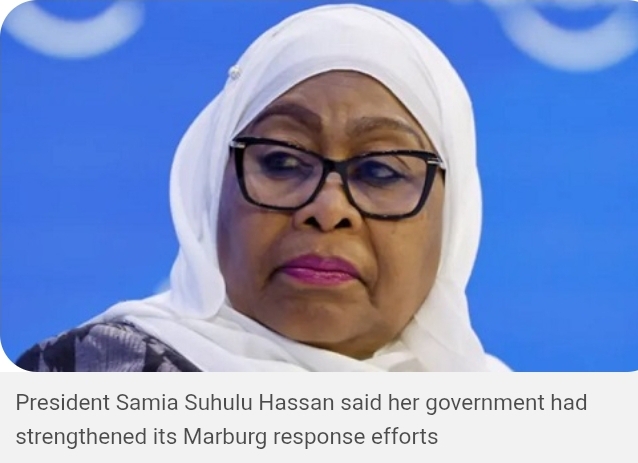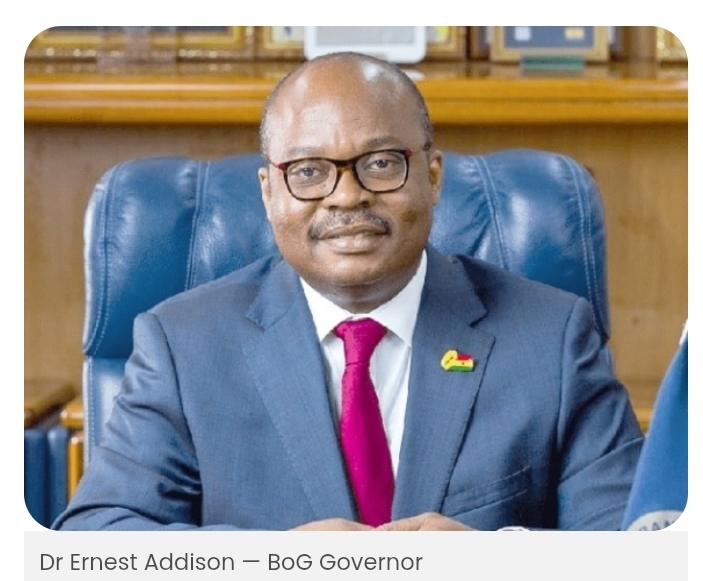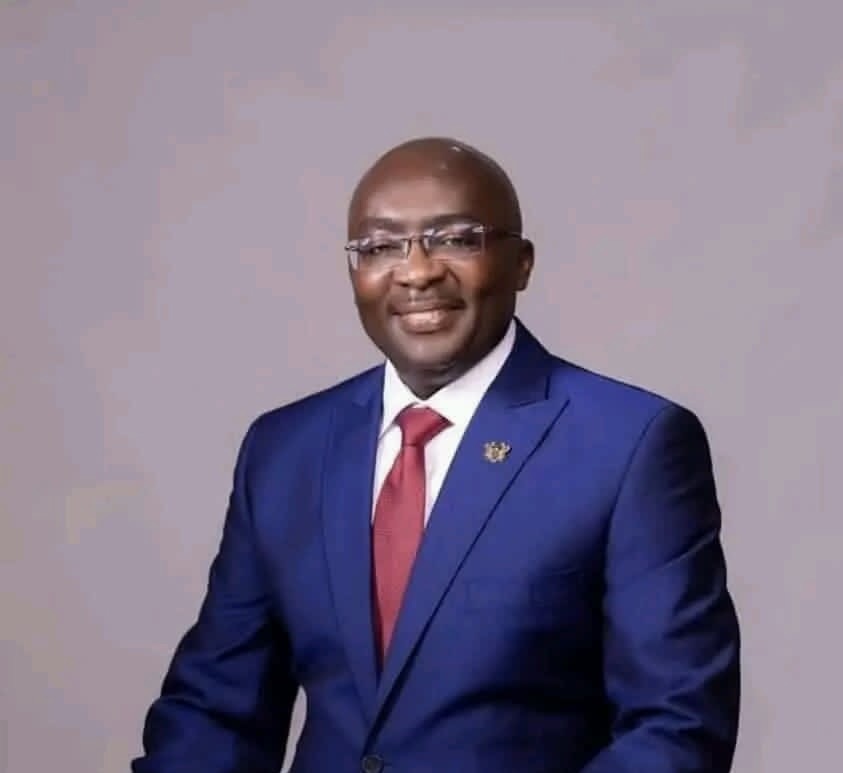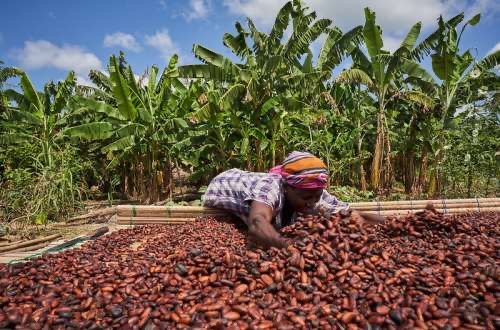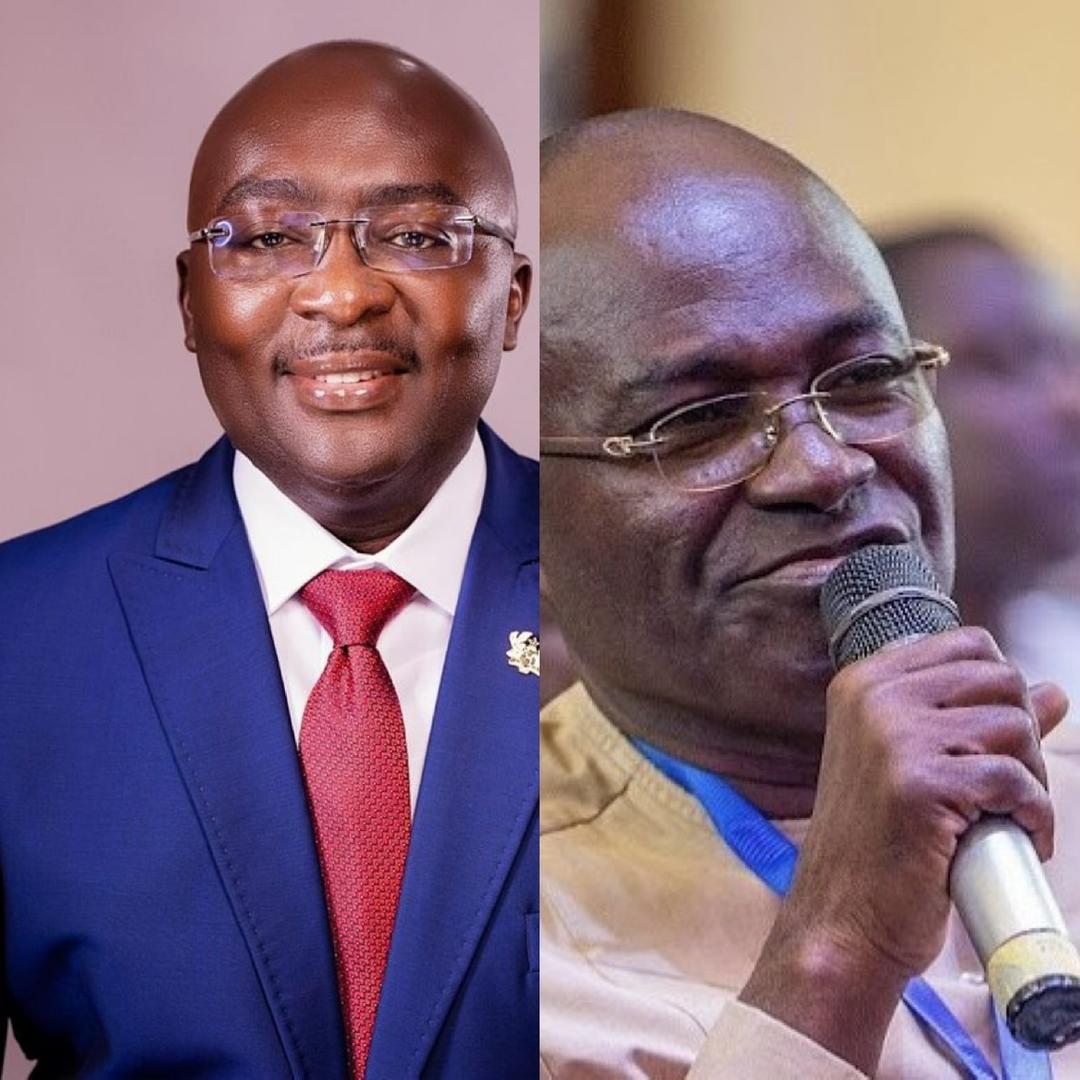GH. studio. Opera. com
In a significant move aimed at addressing key issues related to employment, skills development, and community welfare, President John Dramani Mahama is set to launch three major initiatives next week, according to Felix Kwakye Ofosu, the Minister of Communications for the Government. These initiatives are the Adwumawura, Mahama Cares, and the National Apprenticeship Programme (NAP).
During a press briefing, Ofosu outlined that these programs are designed to tackle some of the pressing challenges facing the nation, including youth unemployment, the need for skills training, and the provision of support to vulnerable communities. The launch of these programs is anticipated to have a transformative impact on the country’s social and economic landscape, offering opportunities for thousands of citizens, especially the youth, to gain meaningful employment and improve their livelihoods.
The Adwumawura initiative, a cornerstone of the former president’s plans, focuses on addressing the unemployment crisis by promoting skill development and creating opportunities for self-employment. It aims to empower individuals with the necessary tools to secure sustainable livelihoods, particularly for those who are struggling to find formal sector jobs. This program will provide training and resources to individuals, equipping them with marketable skills that are in high demand.
In tandem with this, the Mahama Cares program seeks to provide direct support to vulnerable communities across the nation. Ofosu emphasized that this initiative is born out of the need to bridge the gap between the most marginalized populations and the rest of society. The Mahama Cares program will involve targeted interventions, including financial aid, healthcare services, and social assistance, to ensure that no one is left behind in the country’s development journey. This initiative, according to the Minister, will demonstrate the former president’s ongoing commitment to improving the well-being of Ghanaians, particularly those in remote and underserved regions.
Another vital component of next week’s launch is the National Apprenticeship Programme (NAP), which is designed to provide structured training in various trades and technical skills. By partnering with skilled artisans and experienced professionals, the program aims to offer hands-on training to young people across the country, equipping them with practical skills that will increase their employability. The NAP is set to be a game-changer for those who are looking to enter the workforce but are hindered by a lack of formal qualifications or experience.
Felix Kwakye Ofosu was quick to highlight that the collaboration between the government and local businesses will be crucial for the success of these initiatives. He stated that private sector partnerships are essential for creating long-term employment opportunities for young Ghanaians. Additionally, the Minister pointed out that the programs would also serve as a way of fostering a culture of self-reliance, which has the potential to contribute to the country’s overall economic development.
Ofosu also emphasized that the launch of these programs is just one part of a broader vision for Ghana’s future, which involves empowering the nation’s youth and creating a more inclusive economy. He believes that these efforts, along with other government policies, will make Ghana a more resilient and prosperous nation.
The Minister concluded by calling on all citizens, especially the youth, to take advantage of these initiatives. He urged individuals and communities to actively engage with the programs once they are launched, highlighting that their success depends on the participation and commitment of all Ghanaians.
As the nation looks ahead to next week’s launches, there is palpable excitement and anticipation regarding the impact these initiatives will have on the lives of many. With the support of the government, the private sector, and the broader society, these programs hold the potential to significantly reduce unemployment rates, address skills gaps, and foster a stronger, more sustainable economy for the future of Ghana.

